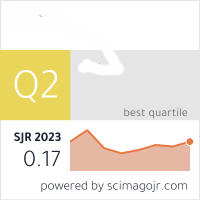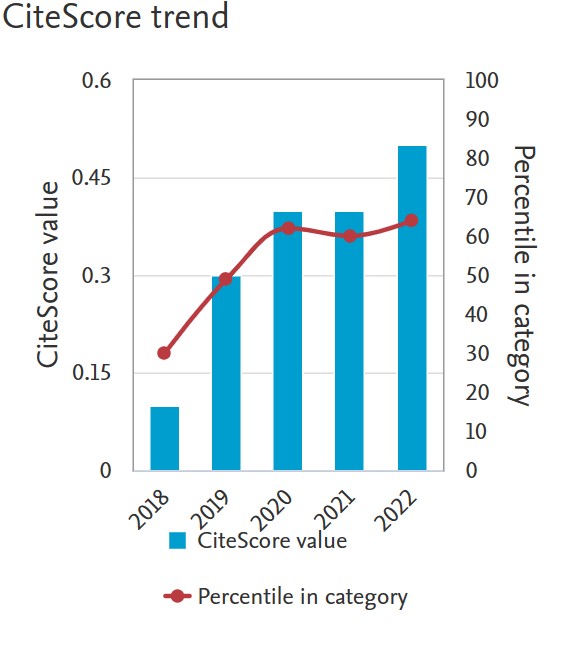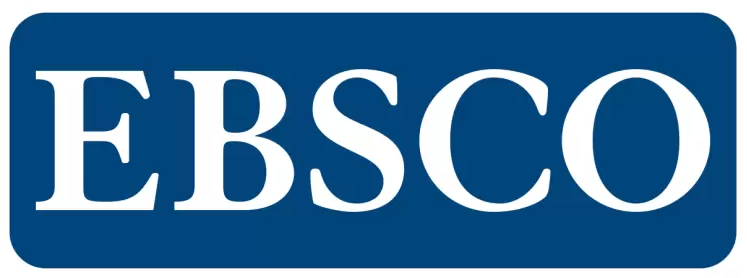Linguistic Imperialism and the Power Dynamics of Language in Pakistan: A Critical Discourse Analysis of Punjabi, Urdu, and English
Keywords:
critical discourse analysis (CDA), language policy, power dynamics, multilingualism, Pakistan, Punjabi, Urdu, EnglishAbstract
This research examined the power dynamics pertaining to Punjabi, Urdu, and English languages in Pakistan. The study attempted to comprehend the utilization of language in constructing and maintaining power dynamics in official domains and lived experiences, using Critical Discourse Analysis (CDA) as the theoretical framework. The data gathering process consisted of examining educational policies and media representations, as well as conducting interviews with students, educators, community leaders, policymakers, and a speaker of a minority language. The data analysis identified how different discourses promote English as the language that offers opportunities, marginalize Punjabi, and highlight the supremacy of Urdu. The research also emphasized the marginalization of minority languages and the burden people experience to prioritize English, which might possibly endanger their affiliation with their ancestral language. These results illustrate the intricate interaction among language, authority, and individuality in Pakistan. The study enhances current academic research by demonstrating how Critical Discourse Analysis (CDA) may provide light on the effects of language regulations on social mobility, cultural identity, and educational opportunities. Moreover, it emphasizes the capacity of social media to provide a broader and more varied linguistic environment. This study offers significant information for politicians and educators to create language laws and practices that are more inclusive and that respect Pakistan's diverse linguistic history.
Downloads
References
Ahmad, S. (2016). The plight of Punjabi language in Pakistan: A critical analysis of the language
policy. Journal of Educational and Social Research, 6(2), 181-190.
Ali, S. (2011). Language and national identity in Pakistan. Journal of South Asian Studies, 34(2),
-301.
Amin, A. (2018). Linguistic imperialism and the future of English. Polity Press.
Awan, S. Q., & Shafi, M. I. (2016). The marginalization of Punjabi language in education policy
of Pakistan: A critical discourse analysis. Journal of Educational and Social Research,
(4), 349-360.
Benson, P., & Elorza, A. (2015). Aspiration and language learning. Routledge.
Braun, V., & Clarke, V. (2006). Using thematic analysis in qualitative research. Qualitative
Research in Psychology, 3(2), 77-101.
Crystal, D. (2012). English as a global language (2nd ed.). Routledge.
Fairclough, N. (2010). Critical discourse analysis: The power of texting. Routledge.
Jabeen, F., Shahzadi, S., & Hussain, S. Z. (2021). Punjabi language use on social media
platforms: A case study of Facebook. International Journal of Advanced Research, 9(1),
-83.
Moore, D., & Gajo, L. (2009). Multilingualism and education: Challenging paradigms. [Chapter
. In J. W. Tollefson & F. M. Loewen (Eds.), International handbook of bilingual
education (pp. 147-163). Lawrence Erlbaum Associates.
Naqvi, K. A. (2013). Language, education, and democracy: The case of Pakistan. Journal of
Educational Planning and Administration, 27(2), 189-210.
Pennycook, A. (1994). The cultural politics of English language learning. Edinburgh University
Press.
Pennycook, A. (2020). The politics of language: An introduction to critical linguistics (4th ed.).
Routledge.
Phillipson, R. (1992). Linguistic imperialism. Oxford University Press.
Phillipson, R. (2009). Linguistic imperialism continued. Routledge.
Rahman, T. (2006). Language and politics in Pakistan. Oxford University Press.
Rahman, T. (2017). Language policy in Pakistan. In T. Skutnabb-Kangas & R. Phillipson (Eds.),
Handbooks of Language and Society (Vol. 8, pp. 259-278). Edward Elgar Publishing.
Rahman, T. (2018). Language policy and planning in Pakistan: The challenges of
multilingualism. In T. Skutnabb-Kangas & R. Phillipson (Eds.), Handbook of language
and society (Vol. 11, pp. 289-306). Edward Elgar Publishing.
UNESCO, UNICEF, World Bank, & UNDP. (2010). Education for all global monitoring report:
Reaching the marginalized. UNESCO.
Wodak, R. (2015). The discourse studies reader (2nd ed.). Routledge.
Downloads
Published
Issue
Section
License
You are free to:
- Share — copy and redistribute the material in any medium or format for any purpose, even commercially.
- Adapt — remix, transform, and build upon the material for any purpose, even commercially.
- The licensor cannot revoke these freedoms as long as you follow the license terms.
Under the following terms:
- Attribution — You must give appropriate credit , provide a link to the license, and indicate if changes were made . You may do so in any reasonable manner, but not in any way that suggests the licensor endorses you or your use.
- No additional restrictions — You may not apply legal terms or technological measures that legally restrict others from doing anything the license permits.
Notices:
You do not have to comply with the license for elements of the material in the public domain or where your use is permitted by an applicable exception or limitation .
No warranties are given. The license may not give you all of the permissions necessary for your intended use. For example, other rights such as publicity, privacy, or moral rights may limit how you use the material.











